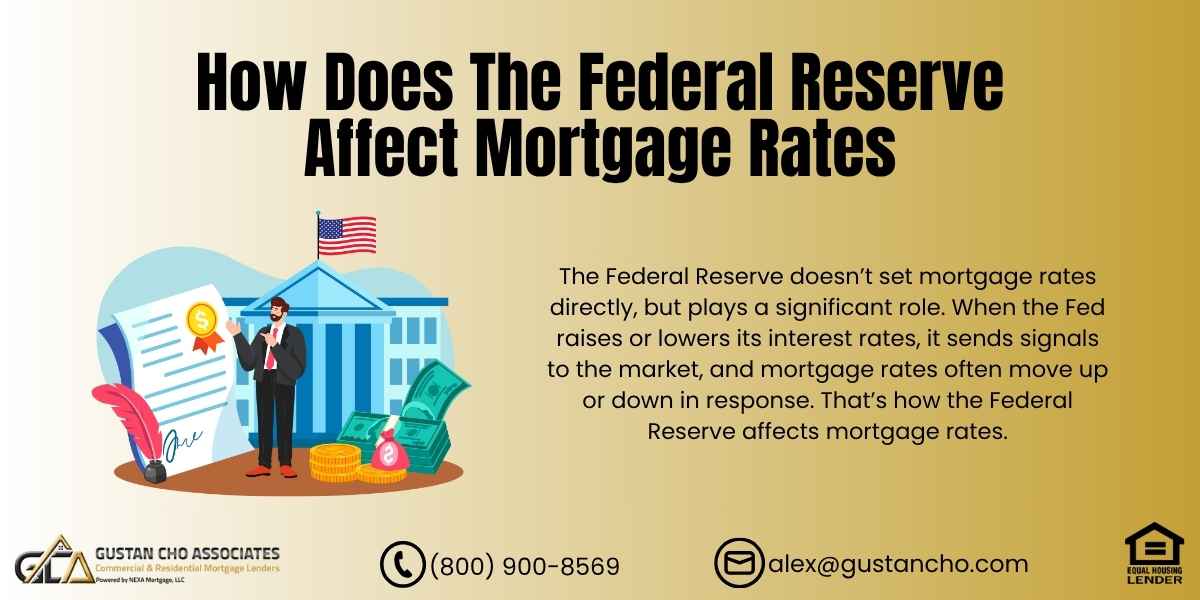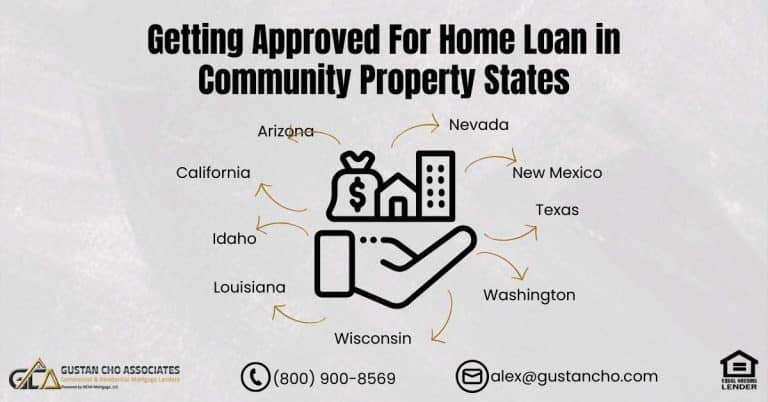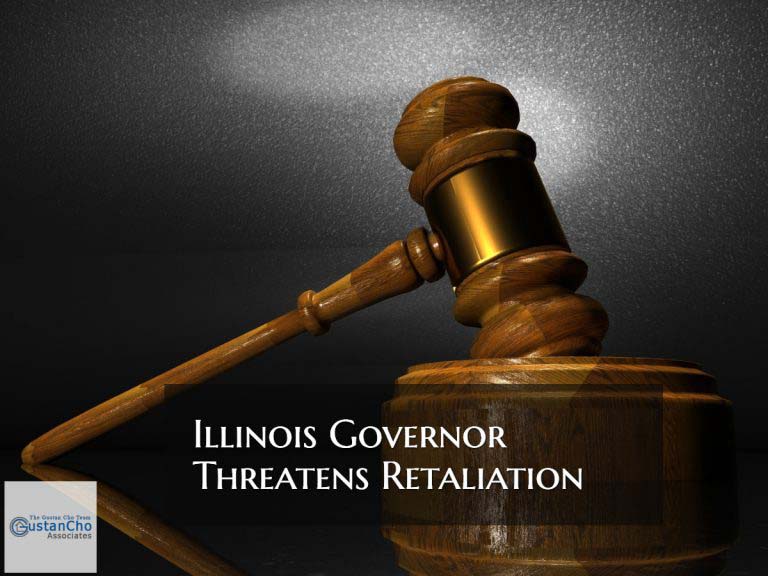How Does the Federal Reserve Affect Mortgage Rates? [2025 Guide for Homebuyers]
How does the Federal Reserve affect mortgage rates? You’re not alone. Whether you’re thinking of buying your first home, refinancing your current mortgage, or simply trying to understand why rates keep changing, this guide will break it down in plain English.
At Gustan Cho Associates, we believe in helping homebuyers make smart decisions. Let’s dive into everything you need to know about how the Federal Reserve influences mortgage rates—and how you can still get the best deal on your next home loan.
What Is the Federal Reserve and Why Does It Matter?
The Federal Reserve, often just called “the Fed,” is the central bank of the U.S. Its main job is to keep the economy steady. To do that, the Fed controls inflation, keeps unemployment in check, and ensures the overall financial situation in the country is stable.
The Fed doesn’t set mortgage rates directly. Instead, it influences the financial environment where mortgage rates are determined. Anyone asking, “How does the Federal Reserve affect mortgage rates?” needs to understand the indirect but powerful connection between Fed policy and home loan costs.
Wondering How the Federal Reserve Affects Your Mortgage Rates?
Learn how Fed policies influence your mortgage rate and what it means for you.
How Does the Federal Reserve Affect Mortgage Rates?
The Fed mainly uses two tools to influence interest rates:
Federal Funds Rate
Banks use this interest rate when they lend money to each other overnight. When the Fed changes this rate, it affects how much it costs to borrow money throughout the whole economy, including for things like mortgages.
Quantitative Tightening or Easing
Quantitative Easing and Tightening involve the Federal Reserve buying or selling assets, including U.S. Treasuries and mortgage-backed securities (MBS). When the Fed purchases MBS, yields are lower, which in turn supports lower mortgage rates. Conversely, yields increase when it sells these assets, resulting in higher mortgage rates.
When the Fed raises the federal funds rate, borrowing becomes more expensive. This affects everything from car loans and credit cards to mortgage rates. While mortgage rates are tied more closely to long-term bond yields (like the 10-year Treasury), investor reaction to the Fed’s moves sends ripples through the mortgage market.
So, how does the Federal Reserve affect mortgage rates? When they raise rates to fight inflation, mortgage rates usually go up too.
2025 Mortgage Rate Outlook: What’s Happening Right Now?
As of mid-2025, the Fed has paused rate hikes after two years of aggressive tightening to control inflation. The Federal Reserve increased rates by more than 500 basis points in 2022 and 2023. As a result, mortgage rates soared to between 7% and 8%, making it difficult for many Americans to purchase homes.
The good news? Inflation is cooling down, and the Fed may begin lowering rates by late 2025 if trends continue. That could mean lower mortgage rates in the near future.
So if you’re asking, how does the Federal Reserve affect mortgage rates today, the answer is: The Fed’s decisions are keeping rates steady, but could lead to lower rates soon.
Mortgage Rates vs. Fed Rate: What’s the Difference?
Let’s clear up a common myth. The Fed rate is not the same as mortgage rates.
1. Fed Funds Rate
The Fed Funds Rate represents the interest rate at which banks lend money to each other overnight. It is primarily a tool the Federal Reserve uses to influence monetary policy and manage inflation. Changes to this rate can have ripple effects throughout the economy, impacting various borrowing costs and investments.
2. Mortgage Rates
These are the interest rates you pay on home loans. They usually go up and down based on how well the economy is doing, especially with 10-year Treasury bonds. These rates show how much it costs to borrow money for an extended period, which is super important for folks buying a home or refinancing their loans. Unlike the Fed Funds Rate, which is more about short-term borrowing, mortgage rates can change depending on the market and how investors feel about the economy’s future.
But they are connected. When the Fed raises its rate, investors demand higher returns on bonds. That pushes up yields—and mortgage rates rise too.
How does the Federal Reserve affect mortgage rates? It’s all about market reaction. The Fed moves, and the markets follow—which changes your loan rate.
Real-World Example: How the Fed Moved Mortgage Rates
To understand the connection, let’s look at history:
March 2020 – COVID Response
To address the severe economic issues caused by the COVID-19 pandemic, the Federal Reserve decided to lower interest rates to nearly 0%. This bold move aimed to boost the economy and avoid a crisis during great uncertainty. At the same time, mortgage rates fell to record lows, going below 3% for a 30-year fixed loan. This created a great opportunity for homebuyers and homeowners wanting to refinance, making it easier to get financing during a difficult time.
2022–2023 – Fighting Inflation
As the economy started to recover and inflation rose to levels not seen in decades, the Federal Reserve took strong action to fight rising prices. From 2022 into 2023, the Fed raised interest rates by more than 500 basis points. This caused mortgage rates to increase significantly, rising from about 3% to over 7%. These higher interest rates aimed to control inflation but also created challenges for homebuyers and those wanting to refinance, as borrowing became more expensive and changed the housing market.
These moments show how does the Federal Reserve affect mortgage rates over time: lower Fed action equals cheaper loans, higher Fed action equals more expensive borrowing.
How Do Federal Reserve Decisions Impact Your Mortgage?
Understand how changes in interest rates set by the Fed can affect your home loan.
What Happens to Mortgage Rates When the Fed Raises Rates?
Here’s what typically happens:
- Investors get nervous about inflation.
- They demand higher yields on bonds.
- That pushes up mortgage-backed securities (MBS) rates.
- Lenders raise mortgage rates to keep up.
So, if you’re wondering how the Federal Reserve affects mortgage rates, the impact is real. The Fed doesn’t make the mortgage rate you see on your quote, but it sets the stage.
What Can You Do to Prepare for Rate Changes?
Here are three things every homebuyer should do:
1. Get Pre-Approved Now
Getting a mortgage pre-approval early is a smart move because it lets you lock in your current interest rate, which protects you from any rise in rates later on. This is especially key when the economy is all over the place and you’re wondering, “How does the Federal Reserve affect mortgage rates?” Having a pre-approved rate can really give you an edge when you’re out there looking for a home.
2. Consider Adjustable-Rate Mortgages (ARMs)
Adjustable-rate mortgages can be a good pick when interest rates are high because they usually come with lower starting rates than fixed-rate loans. This can save you a lot of money at first, giving you some breathing room in your budget, and it also lets you refinish before the rates go up.
3. Refinance When Rates Drop
- The strategy “marry the house, date the rate” suggests that while you commit to your home investment, you can take advantage of lower interest rates by refinancing in the future. By purchasing a property now and planning to refinance later, you can maximize your buying power without being overly constrained by current high rates.
Still wondering how does the Federal Reserve affect mortgage rates? The takeaway is: they rise and fall based on the economic signals the Fed gives the market.
Will Mortgage Rates Drop in 2025?
A lot of experts think that mortgage rates might drop by late 2025. If inflation keeps going down, the Fed could gradually lower its rates. This might push mortgage rates down to around 5%, making it easier for people to buy homes again.
That’s why knowing how the Federal Reserve affects mortgage rates is more important than ever. Timing your loan around Fed decisions can save you thousands
Should You Wait to Buy a Home?
Many often wonder whether buying a home is wise when interest rates are high. Home prices continue to increase in numerous markets despite rising rates, largely due to low inventory. If you wait too long, you might miss out on a valuable opportunity to purchase a home. Savvy buyers understand this and take action by buying now at today’s prices. They can always refinance later when rates drop, ensuring they benefit from a more favorable interest rate in the future.
Ask yourself: how does the Federal Reserve affect mortgage rates—and how can I use that knowledge to my advantage?
How Gustan Cho Associates Can Help
At Gustan Cho Associates, we specialize in helping borrowers get approved even when other lenders say no.
- We have no lender overlays
- We offer FHA, VA, Conventional, Non-QM, and more
- We help you get the lowest possible rate
Whether you’re buying your first home or refinancing, we stay on top of Federal Reserve policy and market trends so you don’t have to.
When people ask how the Federal Reserve affects mortgage rates, we don’t just give them answers but solutions.
Key Takeaways on How Does the Federal Reserve Affect Mortgage Rates
- The Federal Reserve doesn’t set mortgage rates directly but strongly influences them.
- When the Fed raises rates, mortgage rates usually increase.
- When inflation cools, Fed cuts often lead to lower mortgage rates.
- Homebuyers should act strategically: buy now, refinance later if needed.
- Gustan Cho Associates helps borrowers win in any market.
So if you’re asking, how does the Federal Reserve affect mortgage rates, now you know: It’s all about economic signals, investor reaction, and market forces—but with the right loan team, you can win no matter what the Fed does.
Ready to buy or refinance? Contact Gustan Cho Associates today and let our experts help you navigate rates, approvals, and everything in between. We’ll help you make the most of what the Fed does next.
How Does the Federal Reserve Influence Mortgage Rates?
Get expert insights on how Fed decisions drive interest rates and affect your home loan approval.
Frequently Asked Questions About How Does the Federal Reserve Affect Mortgage Rates:
Q: What Does the Federal Reserve Have to do With Mortgage Rates?
A: The Federal Reserve doesn’t set mortgage rates directly, but plays a significant role. When the Fed raises or lowers its interest rates, it sends signals to the market, and mortgage rates often move up or down in response. That’s how the Federal Reserve affects mortgage rates.
Q: Why Do Mortgage Rates Go Up When the Fed Raises Rates?
A: When the Fed hikes its rates, it becomes more expensive for banks to borrow money. As a result, interest rates on loans, like mortgages, tend to go up, too. That’s how the Federal Reserve influences mortgage rates.
Q: Will Mortgage Rates Go Down if the Fed Lowers Rates in 2025?
A: Yes, they could. If inflation keeps dropping, the Fed may cut its rates later in 2025. This might lead to lower mortgage rates. So, if you’re asking how does the Federal Reserve affect mortgage rates, one answer is: when the Fed cuts rates, mortgages usually get cheaper.
Q: Is the Fed Rate the Same as Mortgage Rates?
A: No. The Fed rate is short-term and affects banks. Mortgage rates are long-term and follow the bond market. But they’re still connected. That’s how the Federal Reserve affects mortgage rates indirectly.
Q: Can I Still Buy a Home Despite High Mortgage Rates?
A: Yes, many people still buy homes when rates are high. You can always refinance later when rates go down. Understanding how does the Federal Reserve affect mortgage rates can help you decide the right time to buy or refi.
Q: How Can I Protect Myself From Rising Mortgage Rates?
A: You can get pre-approved now, lock in a rate, or look into adjustable-rate mortgages (ARMs). Knowing how does the Federal Reserve affect mortgage rates can help you plan ahead.
Q: Why Did Mortgage Rates Shoot Up so Fast in 2022 and 2023?
A: The Fed raised rates frequently during those years to fight inflation. This made borrowing more expensive, including for mortgages. It’s a clear example of how the Federal Reserve affects mortgage rates in real life.
Q: Should I Wait to Buy a House if the Fed Plans to Lower Rates?
A: It depends. Home prices are still rising in many places, so buying now and refinancing later can be a smart move. Knowing how the Federal Reserve affects mortgage rates can help you time your move better.
Q: Does the Fed’s Decision Affect Refinance Rates Too?
A: Yes. Just like purchase loans, refinance rates often change when the Fed makes moves. If you’re asking how does the Federal Reserve affect mortgage rates, the answer applies to refis too.
Q: How Can Gustan Cho Associates Help if the Fed Keeps Rates High?
A: We help buyers get approved even when other lenders say no. We stay ahead of market trends and help you lock the best deal. We understand how does the Federal Reserve affect mortgage rates—and how to help you win in any market.
This blog about “How Does The Federal Reserve Affect Mortgage Rates” was updated on September 5th, 2025.
Fed Policy Can Change Your Mortgage Rate—Learn More
Discover how the Federal Reserve’s actions on interest rates impact your mortgage payments.








